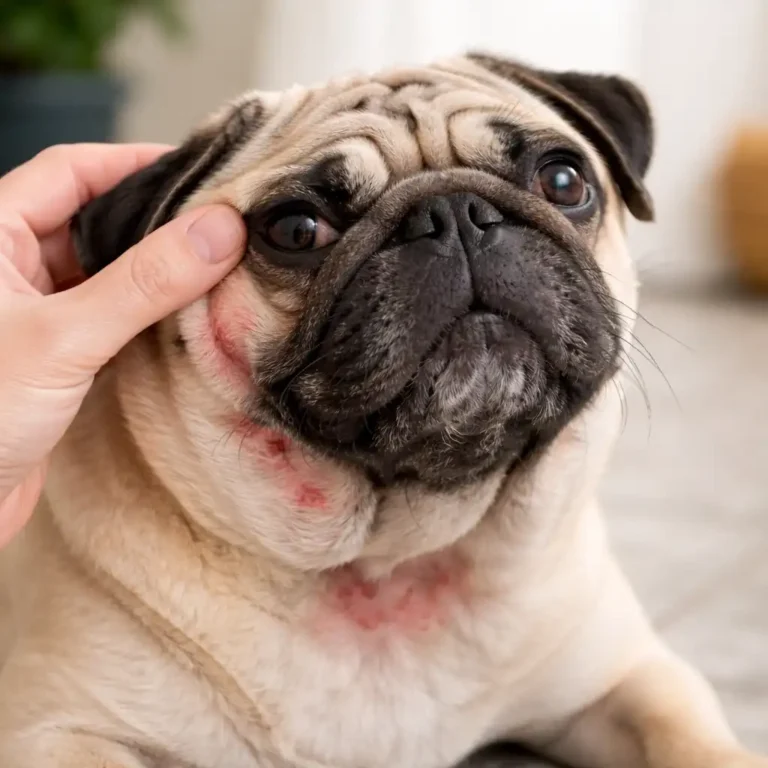Are Black Pugs Hypoallergenic? Understanding Their Impact on Allergies

Disclosure: This post contains affiliate links. As an Amazon Associate, I earn from qualifying purchases—at no extra cost to you.
Black pugs are known for their sleek coats and affectionate personalities, but when it comes to allergies, many people wonder if these dogs are easier to live with than other breeds. If you’re considering adding a black pug to your family and are concerned about allergies, it’s important to understand the facts before making a decision.
What Hypoallergenic Really Means
The term “hypoallergenic” is often misunderstood when it comes to dogs. A hypoallergenic dog is not completely free of allergens but is less likely to cause allergic reactions compared to other breeds. These dogs may produce fewer allergens, shed less hair, or have a coat type that traps allergens instead of spreading them through the environment.
Are Black Pugs Hypoallergenic?
Despite their short, shiny coats, black pugs are not considered hypoallergenic. Like their fawn-colored counterparts, black pugs shed a considerable amount and produce dander, which is the main trigger for dog allergies. Their adorable folds and wrinkles can also trap saliva, dirt, and allergens, making them less suitable for allergy-sensitive individuals.
It’s a common myth that coat color impacts allergen production, but in reality, there is no significant difference between black pugs and pugs of other colors regarding allergens. Whether a pug has a dark coat or a light one, the level of allergens they produce remains roughly the same.
Tips for Managing Allergies with a Black Pug
If you are set on welcoming a black pug into your life despite having mild allergies, there are several steps you can take to minimize reactions. Regular grooming plays a critical role in controlling dander and shedding. Choosing the best brush for pugs can make the grooming process easier and more effective.
Keeping your home clean is equally important. Using air purifiers, vacuuming frequently with a HEPA-filter vacuum, and washing your pug’s bedding often can significantly reduce allergen levels. Establishing pug-free zones in the house, particularly the bedroom, can provide an allergen-safe space to retreat to when needed.
Consulting with an allergist before bringing a pug home is also a good idea, as they may suggest personalized strategies or treatments to help manage your symptoms.
Why People Still Choose Black Pugs
Even with their shedding and allergen production, black pugs remain a popular choice for families around the world. Their loyalty, playful nature, and compact size make them a perfect fit for many households. With careful management, many allergy sufferers find they can enjoy life with a black pug without significant issues.
Conclusion
Black pugs are not hypoallergenic, and their care requires thoughtful planning if allergies are a concern. Their endearing nature and loving personalities often outweigh the challenges for those who are committed to making it work. By adopting smart cleaning habits and investing in regular grooming, it’s possible to share your home with a black pug while keeping allergy symptoms manageable.






